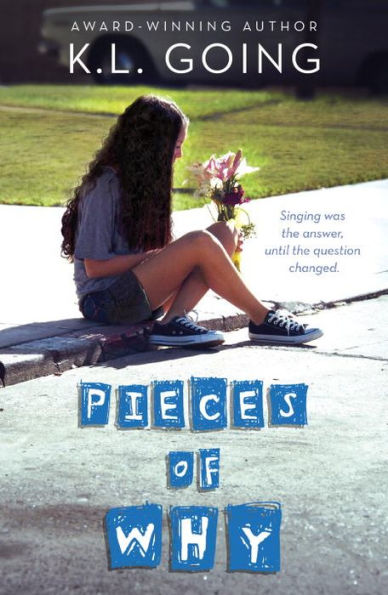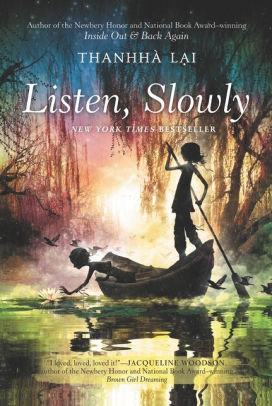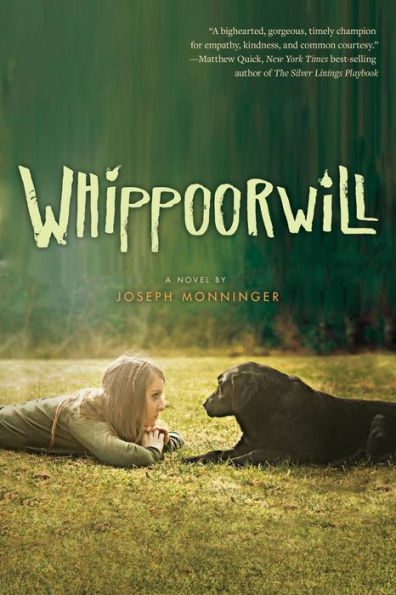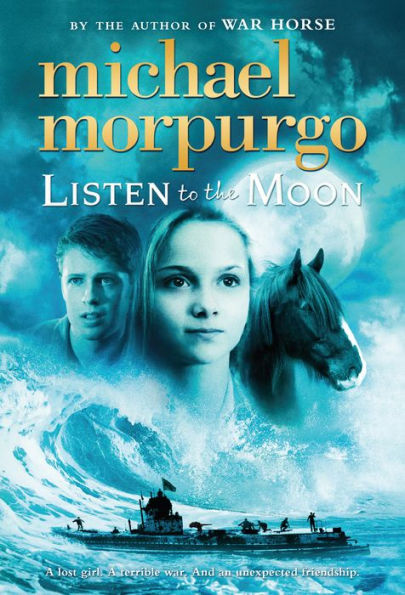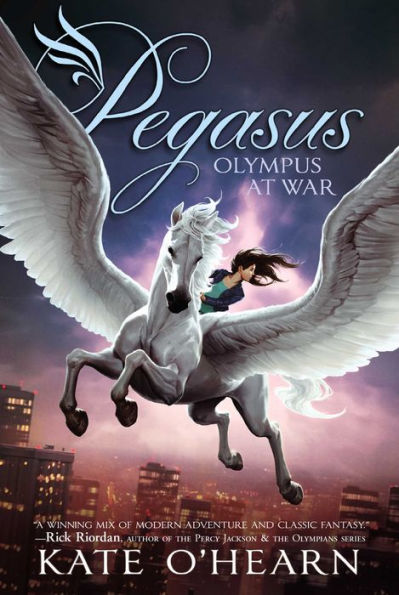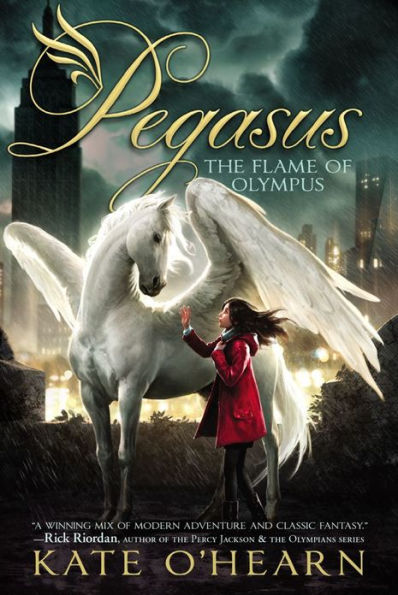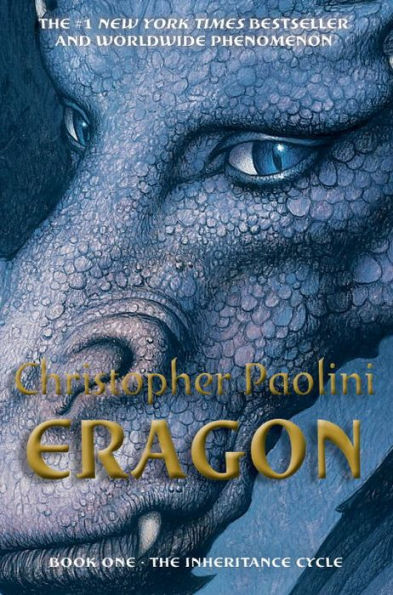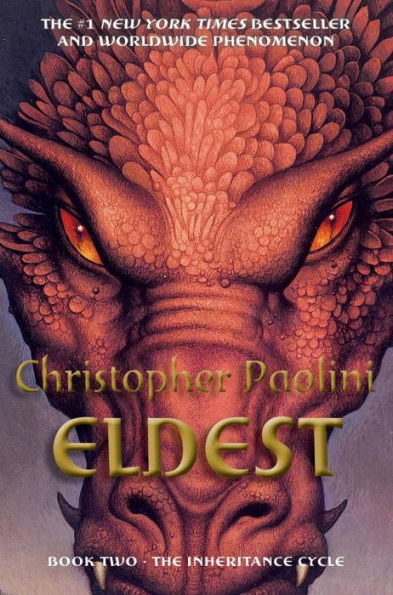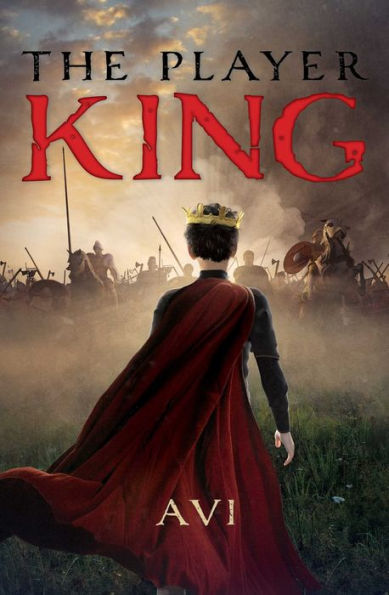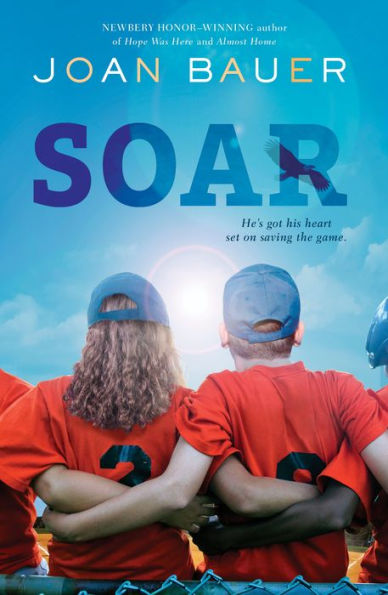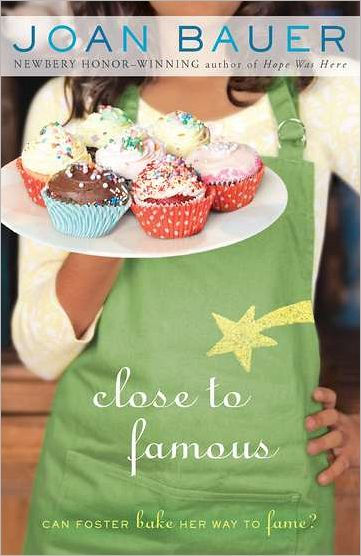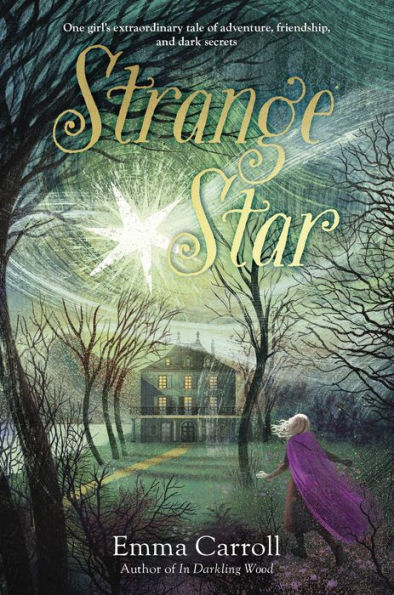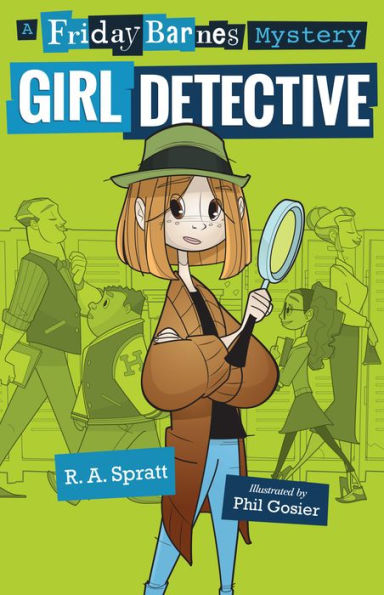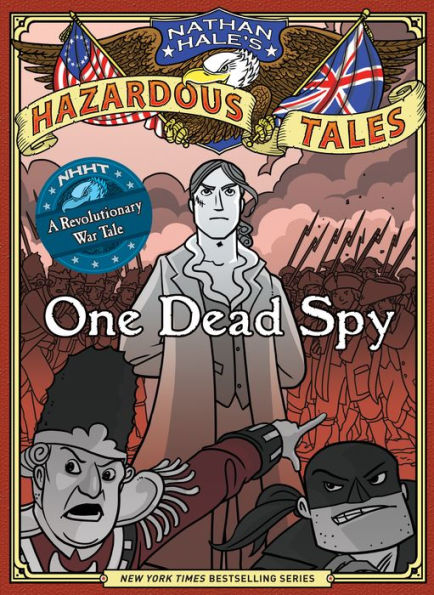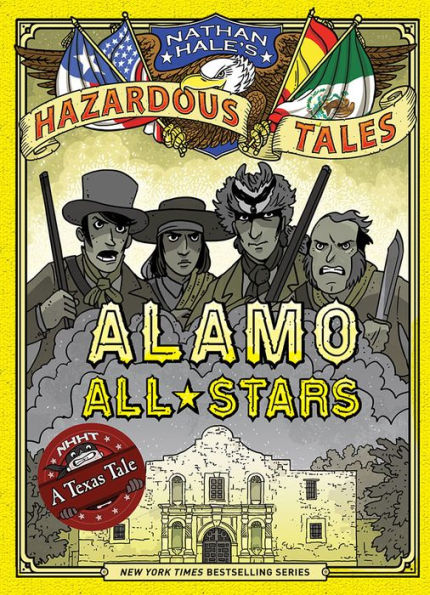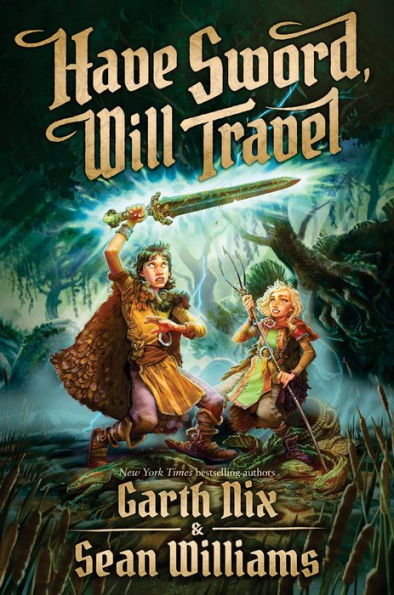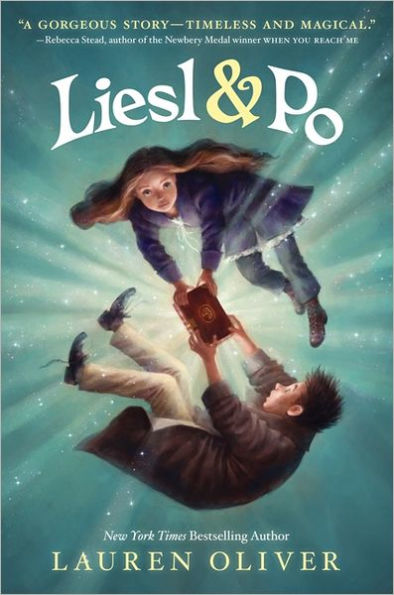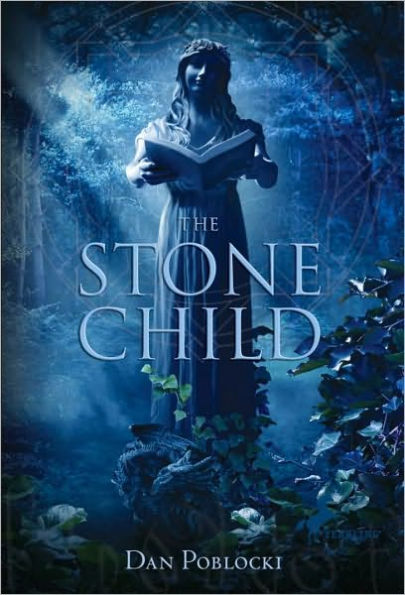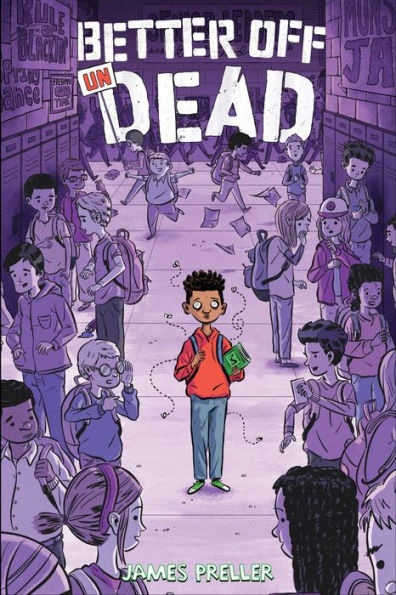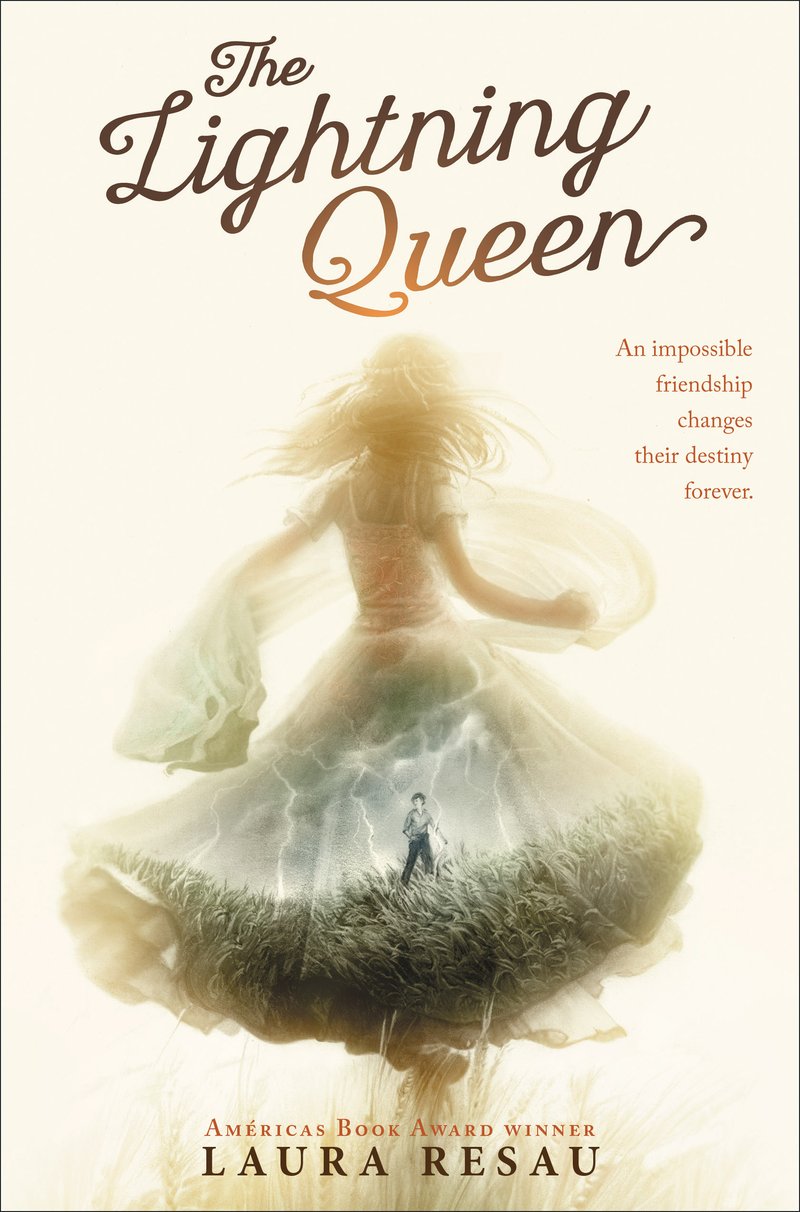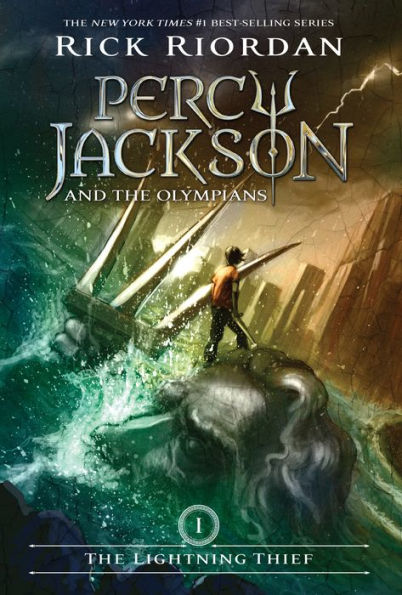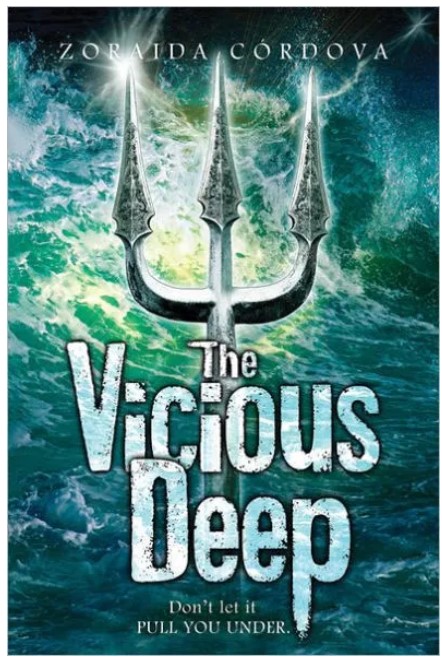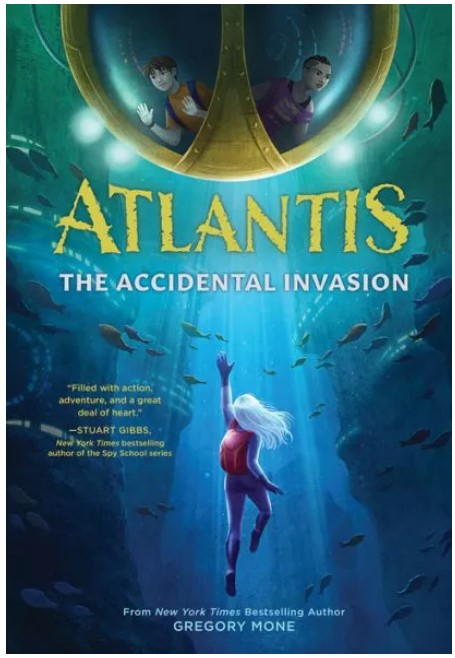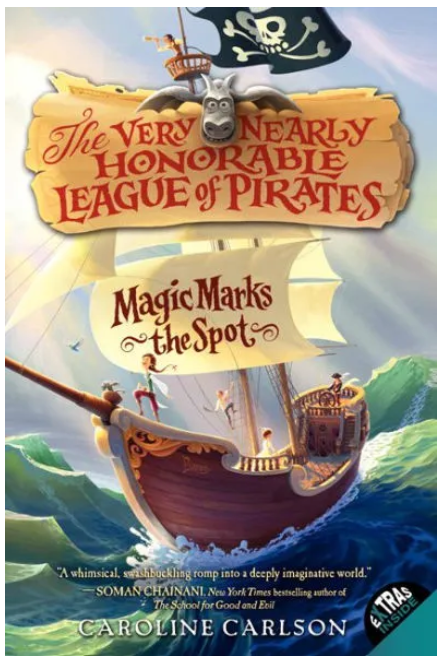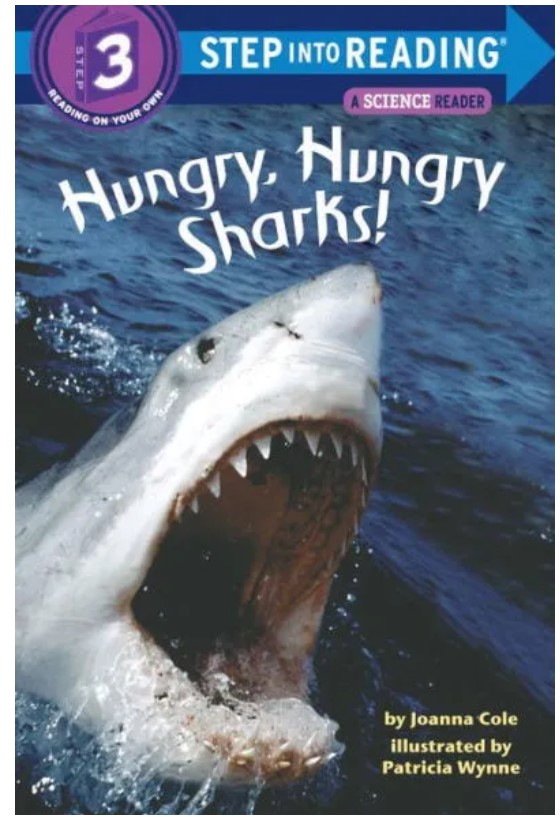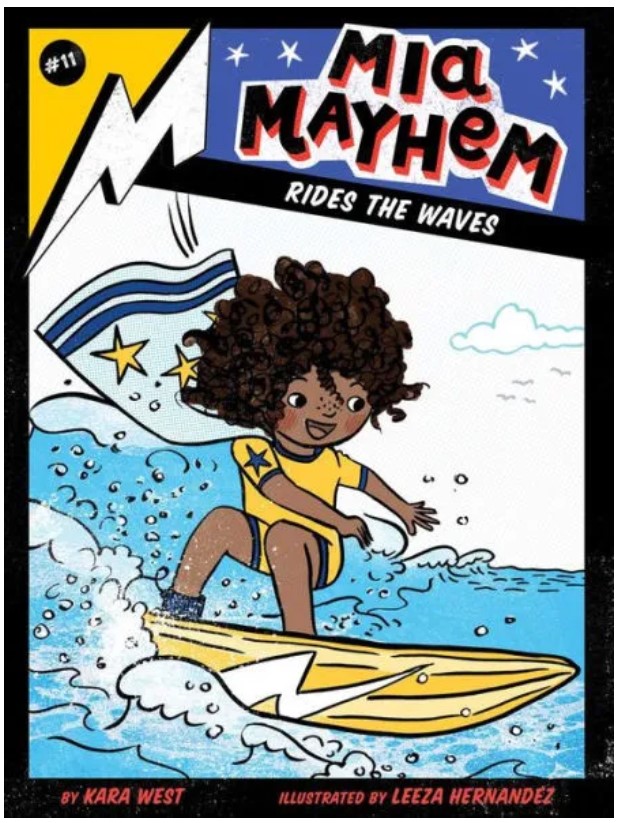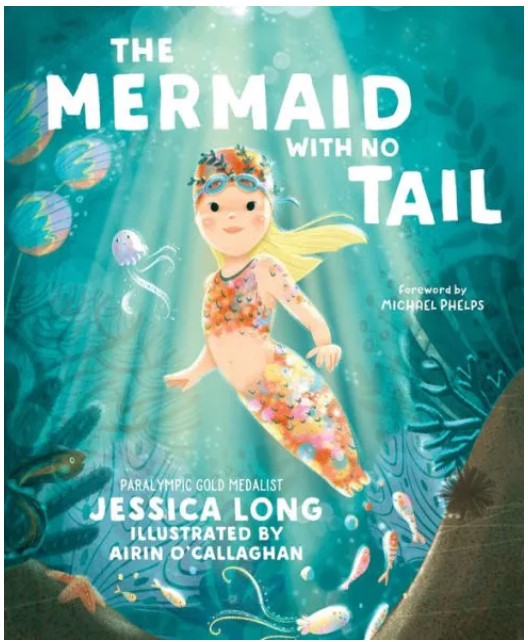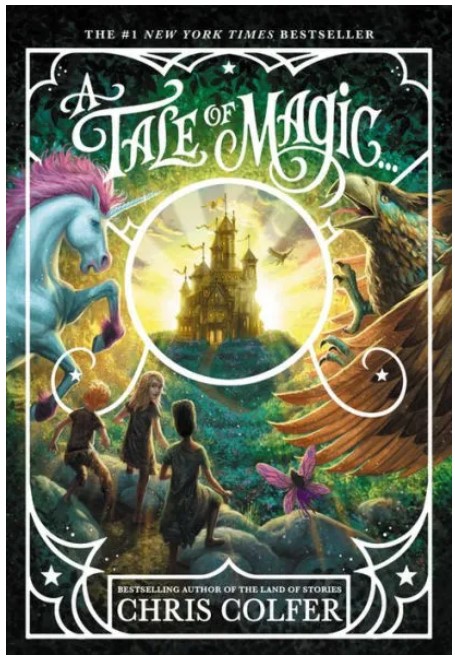Twelve-year-old Tia dreams of changing the world with her voice. That all changes when a carjacking occurs outside of the church where she practices with the Rainbow Choir. When the carjacker kills an infant, people begin gossiping about Tia’s father who is in prison.
As Tia tries to understand the death of an infant, it makes her wonder why her father is in prison. Her mother refuses to go to any of Tia’s activities, and she also refuses to talk about Tia’s father. As Tia struggles with the question of why bad things happen, she discovers that sometimes the answers don’t bring understanding, but there can still be healing.
Pieces of Why is an excellently written book that brings the New Orleans streets alive. New Orleans is depicted as having a rich community with diverse people that are not always kind. Despite the fact that Tia is surrounded by her best friend’s family, the story shows life as it really is–twelve-year-olds can be cruel, adults’ gossip can hurt, and not everyone is accepting. Despite this, Tia learns that understanding and accepting the past is essential.
Pieces of Why is an easy-to-read, compelling story. Although the story revolves around the death of two children, the violence is not described in detail; however, the content of the story may upset young readers. Pieces of Why explores the beginning stages of finding a boyfriend and the feelings of liking the opposite sex. It is one of the few stories that show that not all boy-girl relationships end with a happily ever after, but that some end with hurt.
The story shows how all aspects of life are not clearly defined. People cannot be classified as all good or all evil. Even Tia’s father, who is a murderer, isn’t shown to be evil, but a man who made a tragic mistake. Pieces of Why does an excellent job of showing life as it is—messy, confusing, but good.
Sexual Content
- When Tia and a boy are talking, another choir member sees them and asks, “You dog! Down here makin’ out with your girlfriend?”
- Tia’s friend Keisha tells her, “We’ve made out before rehearsal. Twice . . . We were in the adult choir room and no one saw us.” Her friend said it was “nice.”
- Keisha finds out that her boyfriend was cheating on her. “I let that boy touch me like he had some right to, and now . . . Do you think I’m not a good enough kisser?” She tells Mia, “Why did I ever trust him? I let him talk me into—.” Tia then wonders if Keisha had done more than she was telling.
- After singing a song together, Tia looked at Kenny. “. . . he looked handsome, so before I could chicken out, I leaned over and kissed him.”
Violence
- During a carjacking, an infant is killed. After hearing the shots, the pastor goes out to investigate. Tia thinks, “. . . I knew that someone must have died. There was blood on his right hand, a thin streak from the thumb to the wrist, and I couldn’t stop staring at it. He wiped it off right away, but the image was branded in my brain.”
- When Tia was four years old, her father was sent to prison. “My father had been out drinking. He’d broken into the Mortons’ house late at night, shot their only daughter during the course of a robbery, narrowly escaped through a back window, and then hid from police before being caught.”
- Tia’s mother describes the night that Tia’s father shot a girl. He, “came home with blood on his hands. It dripped onto the floor right where you’re standing, and when he told me what he’d done, I screamed so loud, you hid in the closet behind the brooms and dust mop . . . I got on my hands and knees and scrubbed that girl’s blood off the floor. Took me days.”
- When Tia gets angry and yells at her mother, her mother slaps her.
- Tia’s father tries to explain why he killed the girl. “It was a whole bunch of stupid decisions one right after the other. Shouldn’t have been drinking, shouldn’t have been in that house, and shouldn’t have had my gun. Shouldn’t have bought the damn thing in the first place.”
Drugs and Alcohol
- Tia has to walk by a group of gang men that are, “Hanging out on the steps of a boarded-up building drinking beer.”
- Tia’s father said he was drunk when he broke into the house and shot the girl. “I wish I would’ve thought it through some more, but I didn’t and some things . . . you can’t take ‘em back.”
Language
- When Tia was four she visited her father in jail, and he said it wasn’t her fault that she had a “trucker” for a dad. “Years later I’d realized my dad hadn’t said trucker after all. He’d said a real bad word instead . . .”
- Tia’s friend said she felt “crappy” that she didn’t know about something.
- Tia’s father uses the word damn.
Supernatural
- None
Spiritual Content
- The Rainbow Choir practices in a church and there are often references to God. After the carjacking the pastor said, “the devil is roaming.”
- As the Rainbow Choir begins to sing, the director said, “That’s right. Lift it up to the Lord.”
- After the carjacking, the director is upset that half of the choir doesn’t show up, and she blames the devil for stealing half of the choir. “I guess God never said He was going to make things easy, now did He?”
- Tia sees a picture of the baby’s mother. “Her face was turned up to the sky as if she were sending God an ocean of fury. Maybe God deserved her anger. Or maybe the person who did the carjacking deserved it and God was getting a raw deal. I don’t know.”
- Tia asks the choir director, “Do you believe in the stuff we sing about? I mean, about God being good and people going to heaven when they die?” The director tells Tia about where gospel music came from and told Tia, “But what matters is what you believe.”
